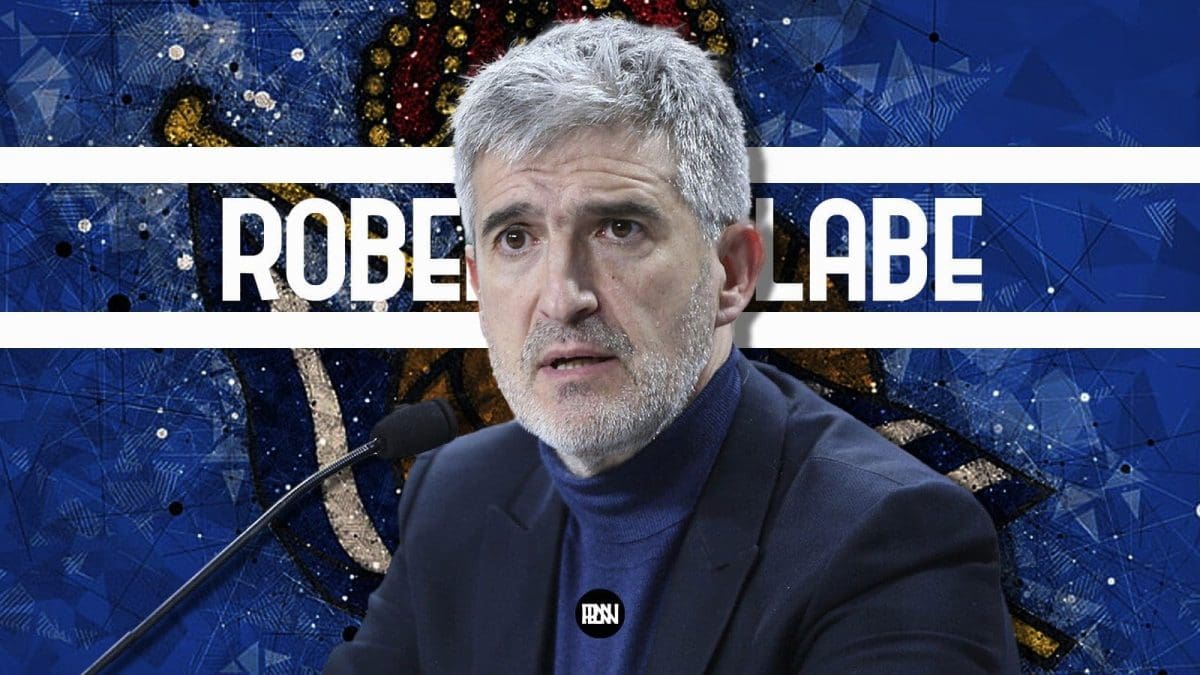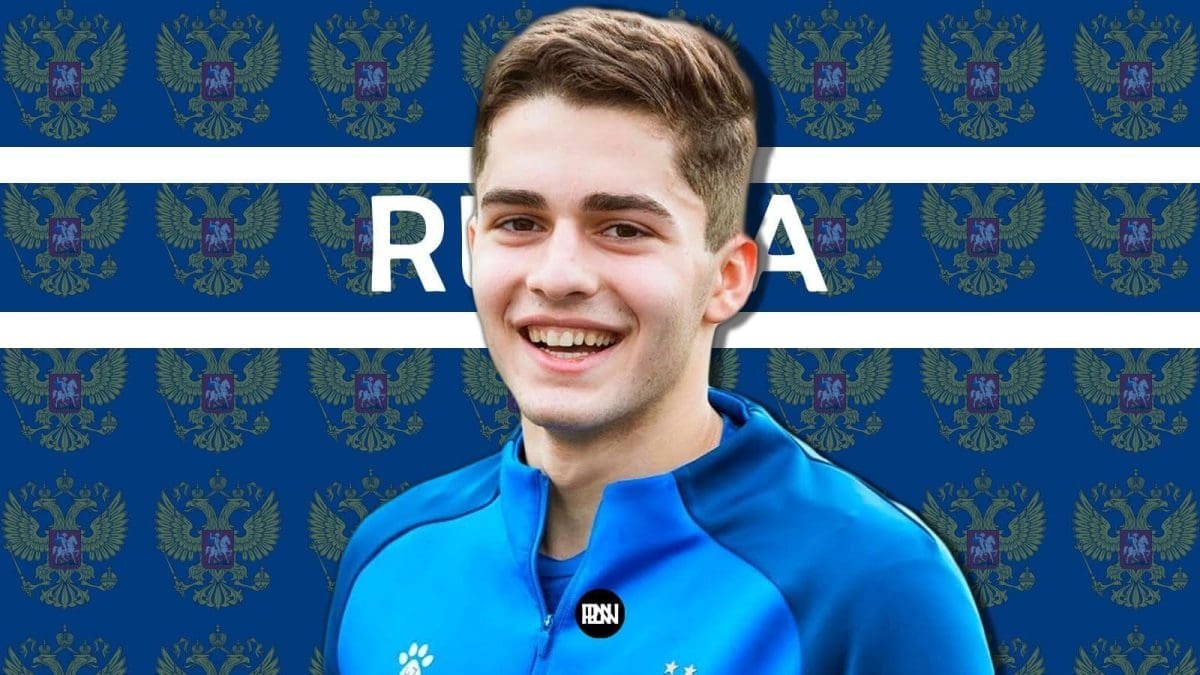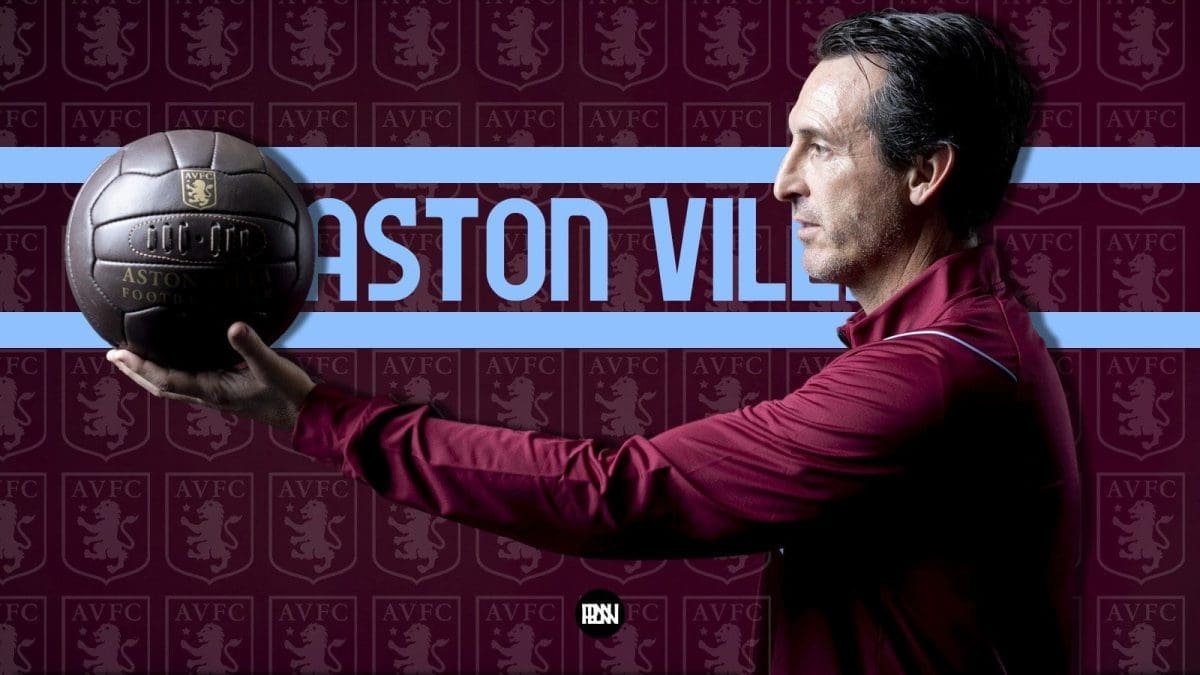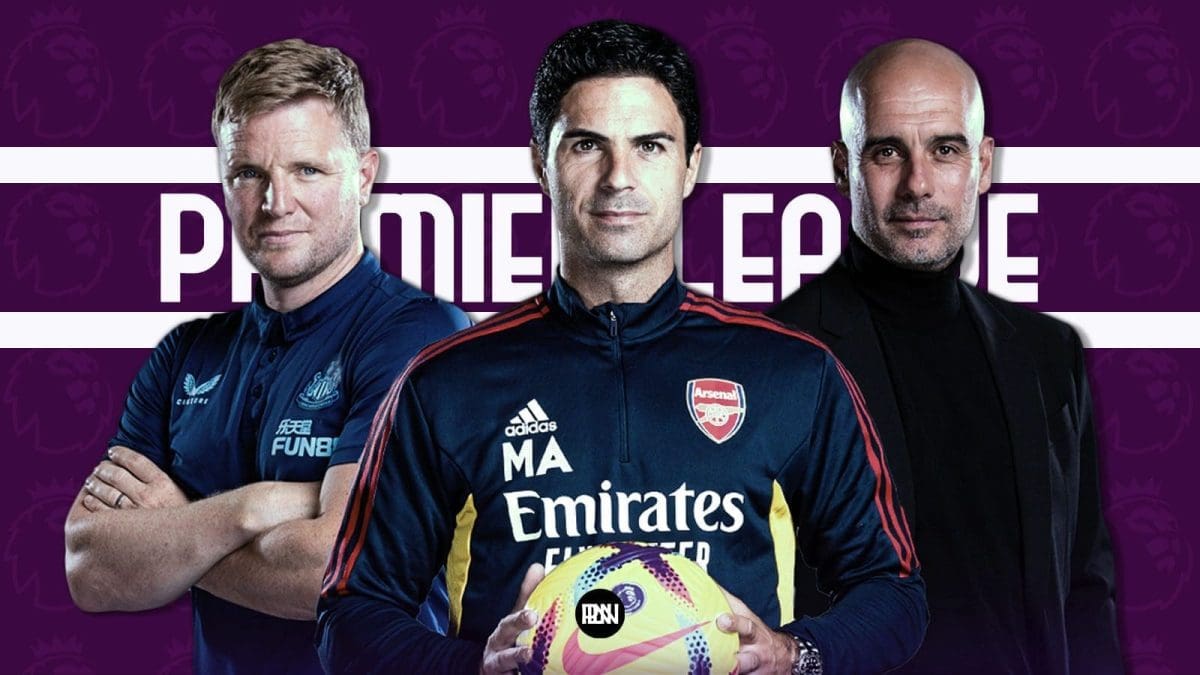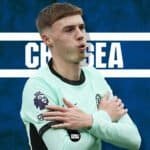3rd April 2021. A day which is of high significance for the Real Sociedad supporters, one that will not fade into their memories for quite a while. Rubbing shoulders against their weighty rivals and Basque neighbours in the Copa Del Rey final. The hours passed slow and stressed but there were plenty of reasons for optimism, for today marks exactly 112 years since the two giants of Spanish football met for the first time and more so in the same competition.
The storyline unfolding in the musk of night couldn’t be any better. To rewind, La Real dispossessed their rivals with a 4-2 score line on their way to capturing the 1909 Copa Del Rey. And over a century later, the fear was palpable as dark clouds and rain brewed across Seville, much like the Basque weather, but once again, history repeated itself as Real Sociedad beat Athletic Bilbao by a goal to nil in a rather uneventful football match.
Perhaps Mikel Oyarzabal lifting the trophy with pride is a fitting tribute to the way the ‘Los Txuri-Urdin’ (the white and blues) are run. Born in the Gipuzkoa region and joining the club at the age of 14, he rose through the ranks and is currently the vice-captain of the team. Oyarzabal himself took the responsibility and his goal ended a 33-year-trophy drought in what was a glorious night filled with emotions. It was a celebration they had longed for and one Sociedad deserved.
Past few years were one of a struggle, since their Champions League endeavors in the 2013/14 campaign – Real Sociedad grappled to finish in the top half of the league. After what was a arduous process of sticking to the policy of hire & fire as regards with managers in a bid to change fortunes, they hit the jackpot in 2018. There is, of course, someone behind the scenes – a man with a plan who is orchestrating the actions inside the club that resulted in the grand upturn of fortunes. The man is Roberto Olabe, a sporting director, hired in March 2018 and someone who surprisingly isn’t very well known across the footballing fandom despite improving multiple clubs with his sturdy philosophies.
Roberto Olabe – The Story
“Proverbs 16:4 – The LORD has made everything for its purpose, even the wicked for the day of trouble.”
Interestingly, Roberto Olabe was a Royal himself, playing for the club for over four years between the sticks. But those numbers don’t reciprocate alot having made only two league appearances before calling it a day at the age of 32. After managing Real Sociedad’s youth team for a couple of years, he came to the first team’s rescue in 2002, helping the club to avoid relegation with a string of excellent results. His career as a first-team coach was, however, short-lived, as he was handed a four-month ban for not possessing a coaching license.
Olabe immediately changed roles and overtook the sporting director position, and what followed was incredible. Real Sociedad’s 2002/03 season will rightly be remembered in football’s age-old ‘what could have been’ tales as they finished runners-up to Real Madrid in La Liga, with Raynald Denoueix being the man at the helm. Denoueix was a Ligue 1 champion in 2001 with Nantes, but the campaign was followed by a dismal season which resulted in his sack. Nevertheless, Olabe saw this opportunity and hired the Frenchman to replace himself, whose pedigree was relatively high at that time.
In all honestly, Real Sociedad boasted a very good squad spearheaded by a 19-year-old captain in Xabi Alonso. But even the most optimistic of supporters would have not expected them to challenge the famous Galacticos side for the ultimate honor. They narrowly missed out on the championship on the last day by 2 points. Needing a victory to keep their hopes alive, La Real lost 3-2 to Celta Vigo while Real Madrid faced Sociedad’s old foe – Athletic Bilbao. The Basque club certainly did not do them any favors and ultimately the trophy was carried to Madrid. Despite the unfavorable outcome of the drama, the entire cast received thunderous applause for their efforts as the Sociedad faithful exited the theater in jubilation rather than disappointment.
After his two-year spell with Real Sociedad, Olabe became UD Almeria’s sporting director in 2006 and his major coup was signing up-and-coming manager Unai Emery. As it turned out, Almería were promoted to the top-flight for the first time in over two decades as Emery led them to a 2nd place finish in the Segunda Division. However, Olabe left his role as a sporting director the following year to Real Valladolid.
He then traveled to Qatar and Ecuador before returning to where it all started. Following a brief spell as a sporting director of La Real in 2016, he came back for the third time in March 2018 when the club were struggling to find stability. Home is where the heart is, as they say, and Olabe has since made significant improvements to the club’s singings and promotion of the famous Zubieta academy.
The idea
“We will always look inside first. What we want is precisely that, that we be identified with the development of talent and that people who identify with it want to come from out there. We believe in young people, in the strength that our own philosophy gives us.”
Olabe is certainly a firm believer that the first team should involve several players from the academy. The history of the Zubieta academy is unquestionably incredible, with the likes of Xabi Alonso, and Antoine Griezmann, to name a few, blooming into a flower from this very place.
Like their rivals, Athletic Bilbao, Real Sociedad adhered to a policy of picking only players from the province of Gipuzkoa in the Basque country. They achieved success with this policy, especially in the 1980s, winning two league titles, but their form dropped towards the end of the decade as Barcelona swooped three of their top homegrown talents – José Mari Bakero, Txiki Begiristain, and López Rekarte in 1988. So, La Real signed Irishman John Aldridge from Liverpool in 1989 and took a fresh path.
With that said, their approach still focuses on the historic fundamentals, with an emphasis on how to best prepare young players for life in the modern game. The club continues to find talented youngsters from the Basque region and turn them into successful stars for the first team. They also have a principle of playing at least four academy prospects in their starting XI to this date.
The structure
Club captain Asier Illarramendi, born in Gipuzkoa, is considered a legend in these parts despite moving to Real Madrid in 2013. He returned in 2015 and has been one of the important players since. Vice-captain Mikel Oyarzabal needs no introduction. Signed at the age of 14, he is considered a prodigious talent across Europe and has clocked over 250 appearances for La Real since his debut in 2015.
Olabe has a huge part in stabilizing Real Sociedad and improving them and his signings ever since he took over the baton speak for themselves. In his second season in charge (2019), he signed Alexander Isak from Borussia Dortmund for just €8 million who went on to be a key player in this period and was eventually sold to Newcastle United for a whopping fee of £63 million.
✍️ Newcastle United are delighted to announce the signing of Alexander Isak from Real Sociedad.
Welcome, Alex! 🇸🇪⚫️⚪️
— Newcastle United FC (@NUFC) August 26, 2022
Olabe also recruited Martin Odegaard (on loan), Mikel Merino (another player from the Basque region), and Portu, were and still are key components in Real Sociedad’s machine for a combined fee of just €22 million. Along with the shining youngsters from the academy, Olabe also got hold of Premier League legend David Silva in 2020 to replace the outgoing Odegaard and added Nacho Monreal to the ranks to combine youth with experience.
The core of the team is set, but manager Imanol Alguacil – a Sociedad cult hero in his playing days is the driving force behind the team’s success in the past four years. With Olabe at the helm and Alguacil leading from the front, Real Sociedad have finished 6th, 5th, and 6th in the last three seasons and cemented their spot in La Liga as a strong contender for the European spots. Moreover, they were also on top of the La Liga table for several weeks in both 2020 and 2021. Such achievements are a basis of belief in the process and their ability to stick to their fundamentals by adapting to the surroundings despite constant changes. And the once 19-year-old captain of the club – Xabi Alonso is leading the Real Sociedad B team in the lower divisions which further encapsulates their approach.
Speaking on his successful model, Olabe said, “the secret of the success of any project lies in the balance between the management model and the development model taking into account the identity of the club. There is no doubt that for Real Sociedad having a sustainable project gives it stability, which is the basis of possible successes. Success itself is not assured, it is a consequence.”
Olabe also believes in the need for specialists at every position in the club. “I’m getting older and the more I know about everything the less I know about everything, so I need people who are really meaningful to get that great area of performance,” he stated. These units and their managers help me to be able to make the best decisions at all times.”
La Real also had the second youngest squad in La Liga last year and third this season. This stat is an indication of their ever-present and successful model developed by Roberto Olabe. Further, in the last 5 years, they have sold players including Alexander Isak, Diego Llorente, Álvaro Odriozola, Iñigo Martínez, and Yuri Berchiche for over €175 million, but are still going strong if not improved after these departures.
Real Sociedad does not merely play the game. The team has a clear identity and its identity model is structured around a pyramid. The academy and especially players from the Basque region take the top position and, when combined with a coherent plan for recruitment, it is a recipe for success. But La Real under Olabe looks for this identity, not just in terms of success or failure, but for opportunities to succeed as a consequence of their efforts and staying true to the fundamentals that helped them along the way.
Roberto Olabe and Co have created an environment that helps the players thrive. He sums up Real Sociedad and the city in his manner. “Somewhere with no roundabouts, a place for the development of young people, for their consolidation.” With a thorough emphasis at the base, success will undoubtedly continue for the White and Blues.


